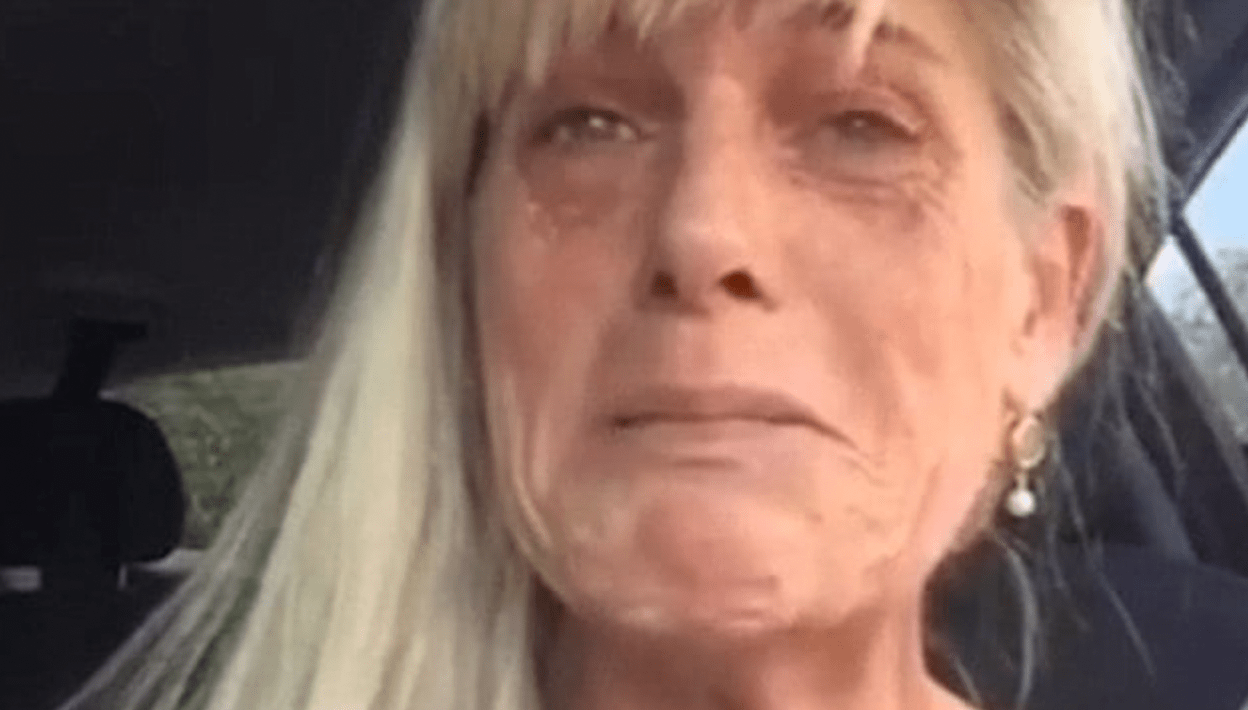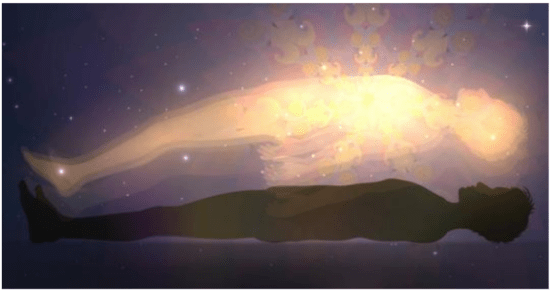Salons are typically associated with feelings of joy and confidence for women who visit to receive beauty treatments such as hair styling. However, this was not the case for Jennifer Dreyer Brown, who had an unfortunate experience at Happy Nails in Laguna Niguel, California.
Rather than leaving the salon feeling happy and satisfied, she was brought to tears by the way the staff treated her. Due to a disorder she was struggling with, the salon workers humiliated her, making it an unpleasant and distressing experience.
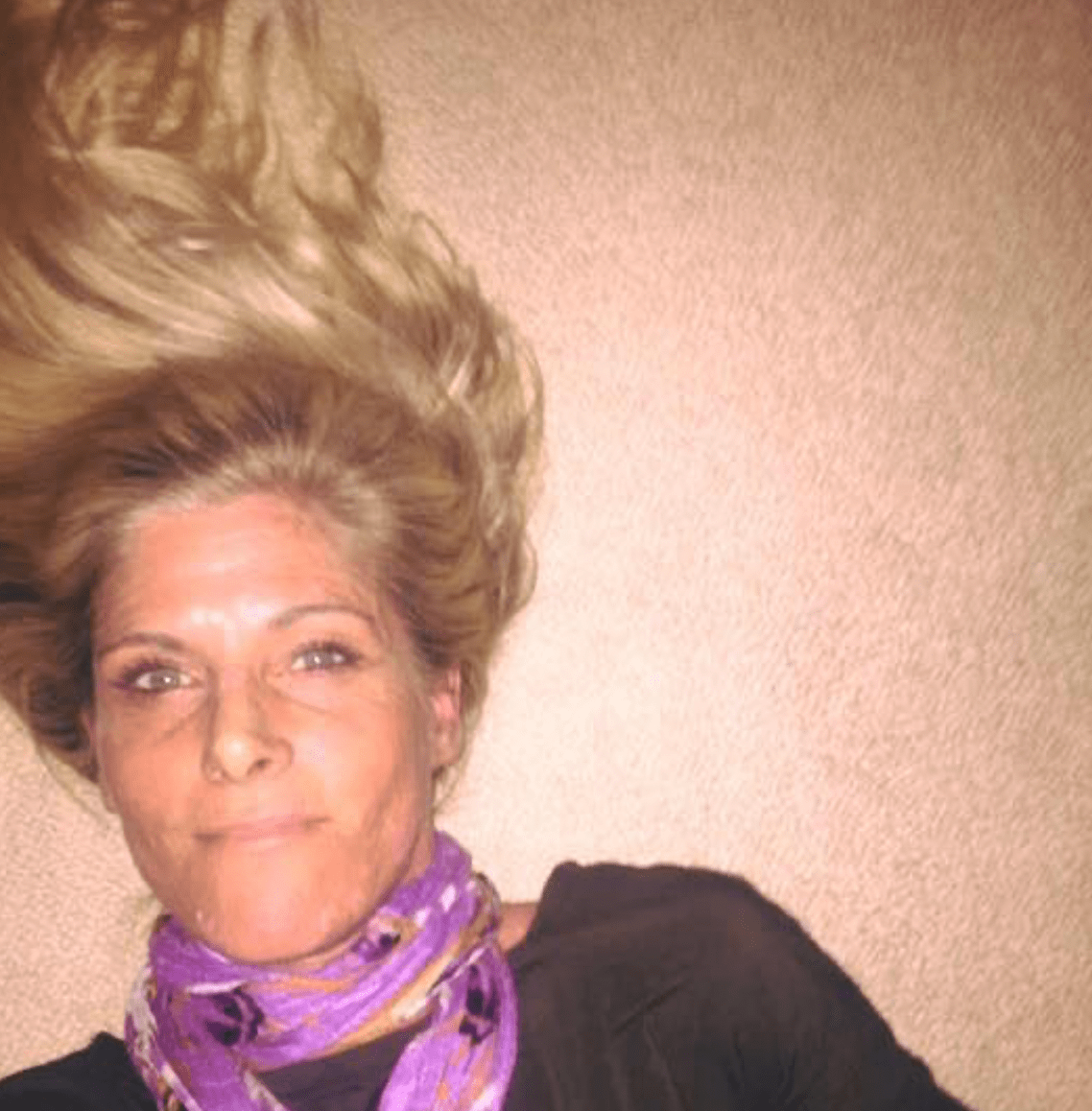
Jennifer is afflicted with lupus, an autoimmune disease that prompts the body to attack healthy tissues and commonly causes inflammation. It should be noted that lupus is not contagious. In Jennifer’s case, she suffers from a specific form of the disease called “discoid lupus.”
Discoid lupus causes the person affected to be exceptionally sensitive to sunlight. Exposure to the sun and higher temperatures can exacerbate the appearance of the skin. Regrettably, the day Jennifer visited the salon was extremely hot.

According to Jennifer, who was born and raised in Laguna Beach, there is no amount of sunblock or umbrellas that can prevent flares from her lupus. The scars on her skin become red when exposed to sunlight.
On the day of her visit to the salon, Jennifer was wearing a sundress which made her skin condition quite noticeable. Due to her condition, the salon initially agreed to provide her with a manicure, but later refused to do so.
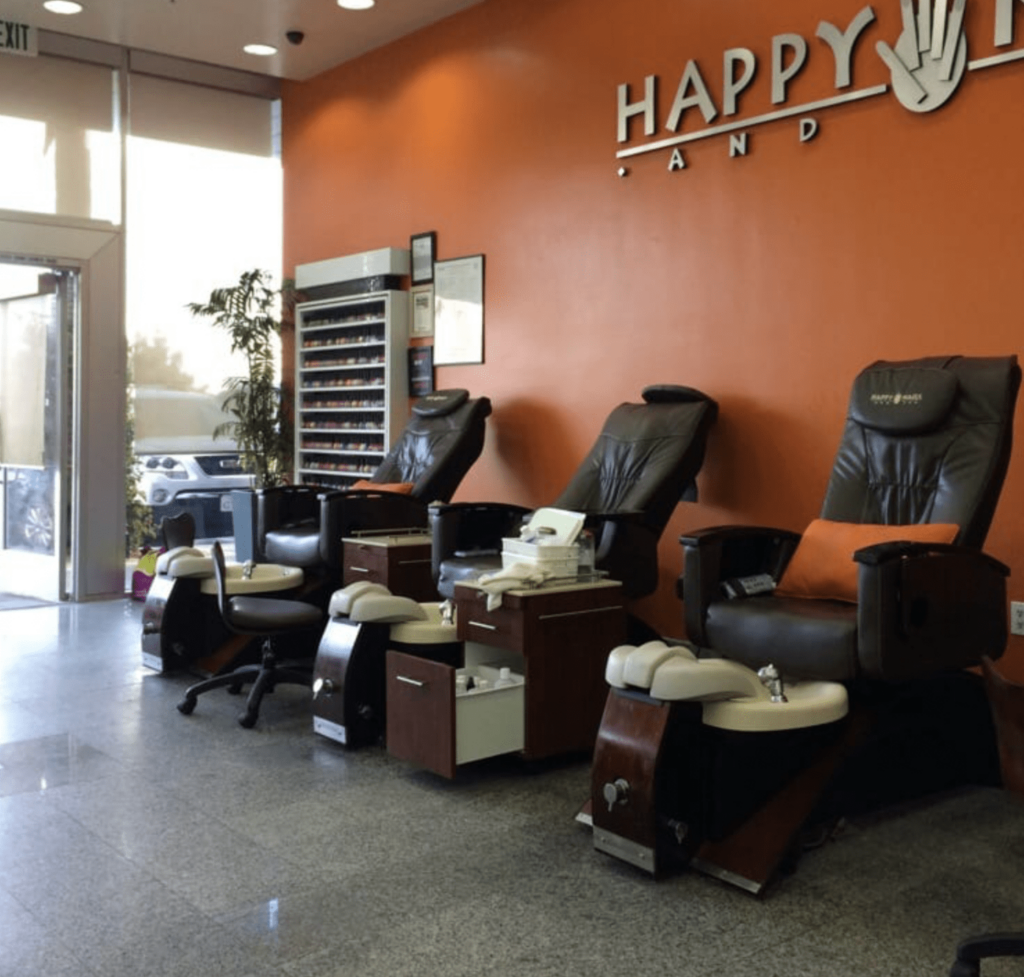
Although they refused to provide her with a manicure, the salon workers did agree to give Jennifer a pedicure. As she sat in the salon, she overheard people talking and suspected they were discussing her.
After completing the pedicure, they only agreed to polish her fingernails and claimed that there were no available staff to give her a full manicure. However, Jennifer noticed that the staff were sitting around the salon with nothing to do, which confirmed her suspicions that they were refusing to provide her with a full manicure because of her skin condition.

Despite showing the salon worker her hands, which had no visible scars, they still refused to provide Jennifer with a manicure.
The salon workers did not change their behavior and made matters worse by stating that while her hands may appear fine, the rest of her body was affected by the condition. This caused Jennifer to become emotional and brought her to tears.
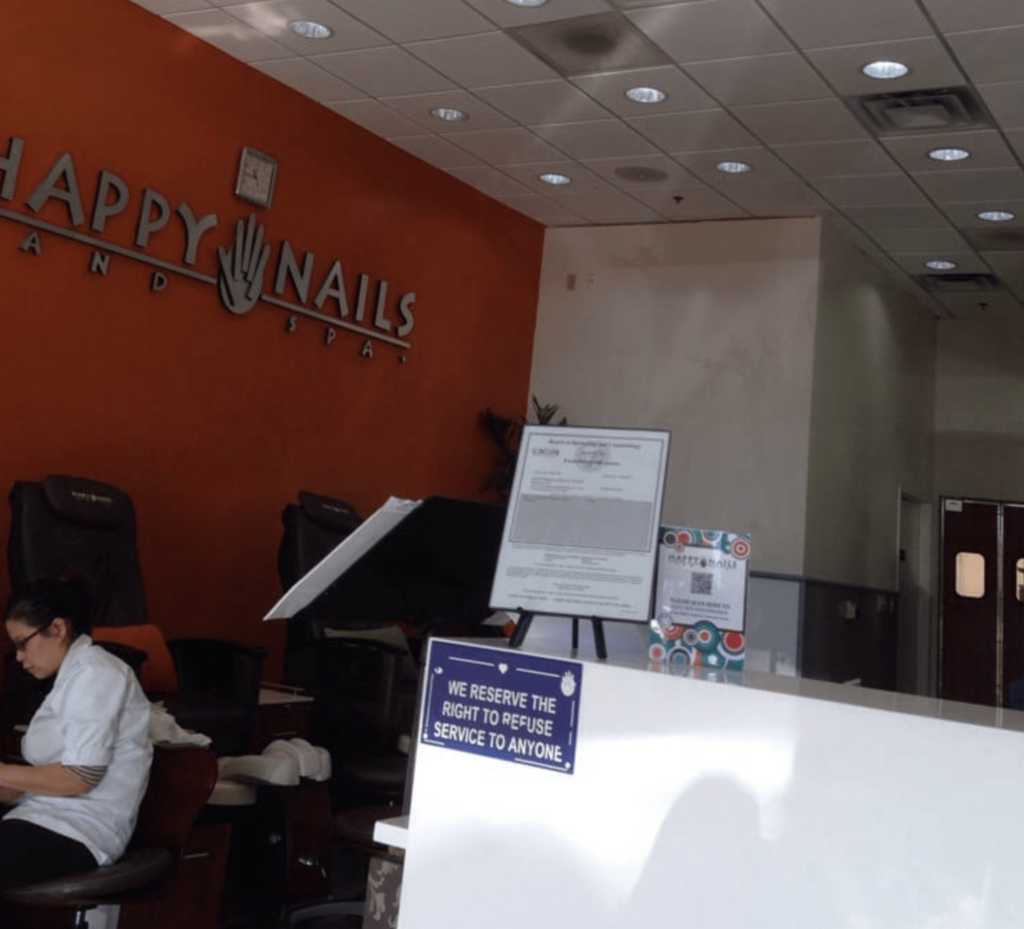
“They made up so many excuses and lies. I have never been so publicly humiliated in my life!” Jennifer wrote.
She took immediate action and recorded a video of herself explaining her situation, which she then posted on her Facebook page. In the video, she shared her experience and advised people not to go to that particular salon.
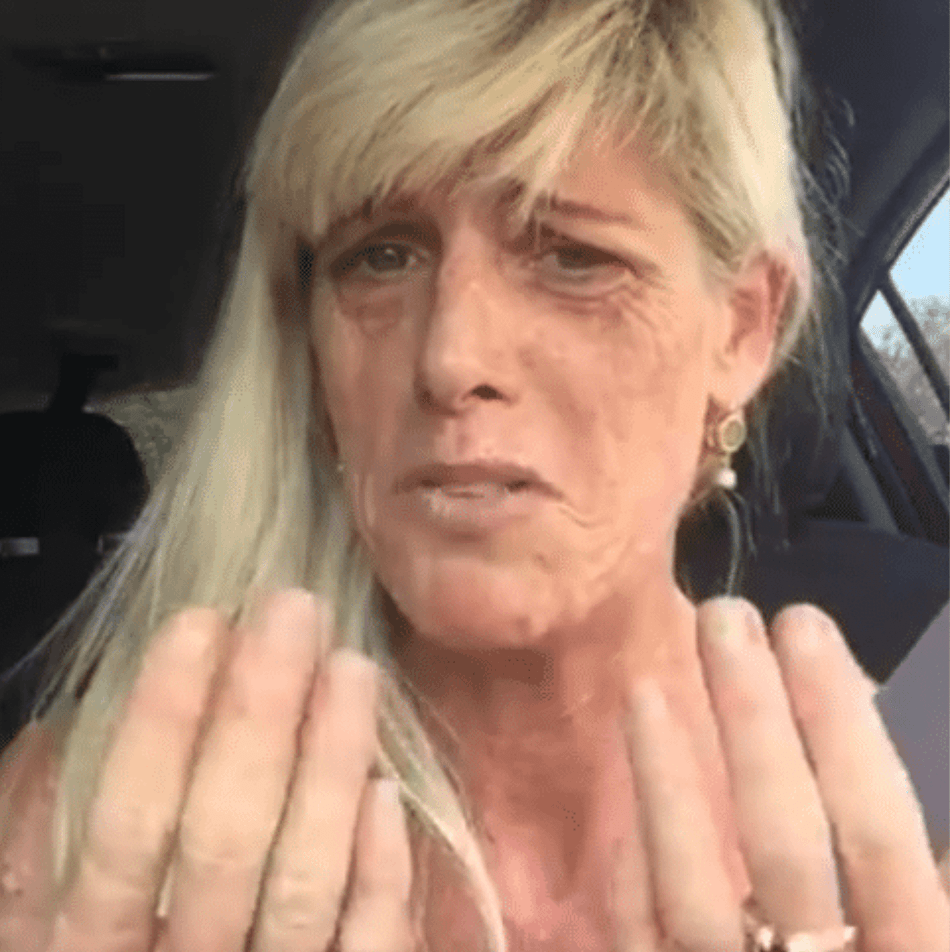
In the emotional video, Jennifer tearfully expressed her feelings about the incident. She stated, “The one time I choose to go out in a sundress because it’s 110 degrees, people judge me because I have lupus and my skin is broken out. I have never felt more like a leper and more judged in Orange County.”
She went on to plead with people to be kind to one another and to be mindful that everyone has their own struggles, whether visible or not. She reminded viewers that they do not know what someone else is going through on the inside or outside and to be mindful of their actions towards others.
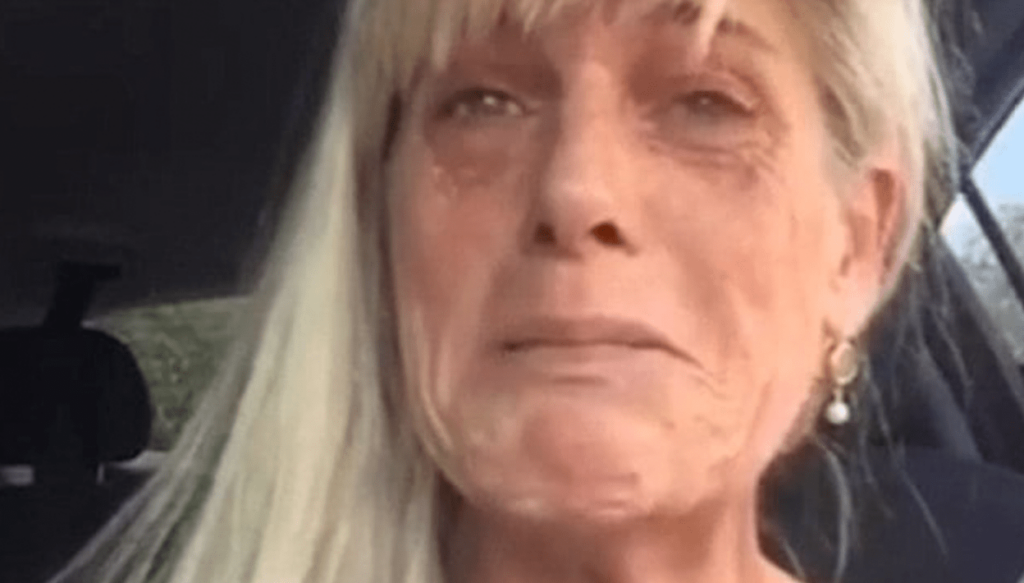
Following Jennifer’s video, many people saw it and became angry, resulting in negative reviews for the salon. In response, the salon and their attorney issued an official statement explaining that they were following the guidelines set forth by the California Board of Cosmetology. They quoted the code, which states that “No person … shall perform service upon a surface of the skin or scalp where such skin is inflamed, or broken … or where a skin infection or eruption is present.”
However, Jennifer argued that her skin was not inflamed or broken on her hands, and therefore there was no reason for the salon to refuse to provide her with a manicure. She believes that the salon refused her service solely due to her visible skin condition caused by lupus.

The attorney for Happy Nails denied any discrimination charges, stating that the salon does not discriminate against any customers. They expressed empathy for Jennifer’s situation, stating, “We at Happy Nails feel bad for the customer that presented with Lupus disease. The customer interpreted our inability to work on her nails as discrimination.”
The attorney also emphasized that the workers at the salon are hardworking immigrants who strive to provide the best service to their customers. They reiterated that the salon was following the mandates of the law and that the workers cannot provide services on inflamed or broken skin.
However, Jennifer and many of her supporters argued that her skin was not inflamed or broken on her hands and that the salon’s refusal of service was due to her visible skin condition caused by lupus. The incident brought attention to the need for greater awareness and understanding of autoimmune diseases and visible disabilities.
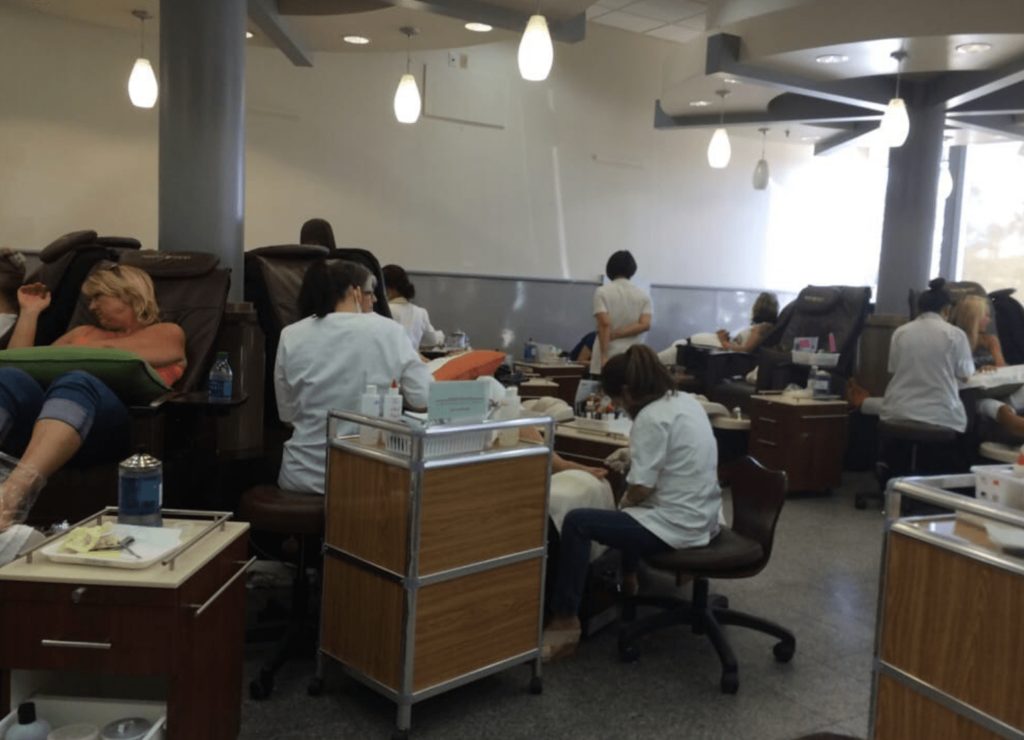
Jeniffer, feeling humiliated and discriminated against, has decided not to return to Happy Nails again, despite being a regular client at the salon. She hopes that sharing her story will raise awareness about lupus and visible disabilities, and encourage people to be more compassionate and understanding towards others.
